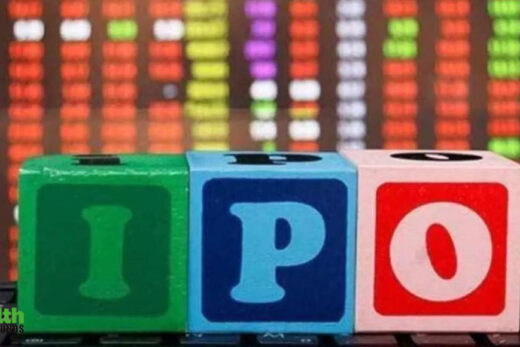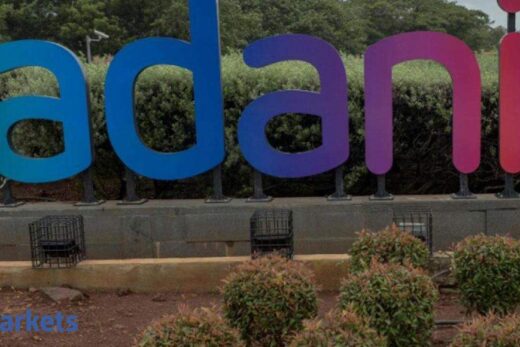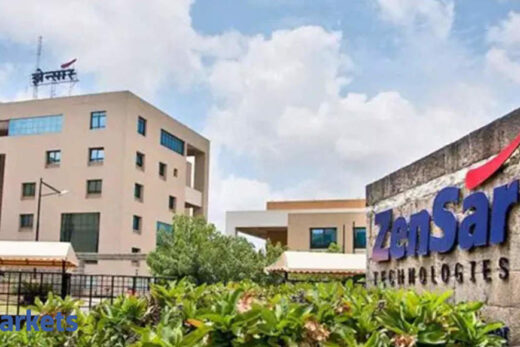The initial stake sale worth Rs 18,300 crore, which kicked off on Monday, was subscribed 18 per cent at the end of Day 1. It is the largest IPO ever in Indian history.
According to the data from National Stock Exchange (NSE), investors bid for 70,35,372 equity shares or 0.34 per cent till 11.45 am against total issue size of 4,83,89,422 equity shares.
The portion reserved for retail investors was subscribed 99 per cent while the quota for institutional buyers received 29 per cent bids. The non-institutional investors’ quota was subscribed 2 per cent so far, data on BSE suggested.
One97 Communication, which has become a household name as Paytm, has been among the biggest beneficiaries of demonetisation. The IPO hit the Street on the fifth anniversary of the note ban.
It is selling its shares in the range of Rs 2,080-2,150 apiece, with a face value of Re 1 each. Investors can bid for minimum of 6 shares and in the multiples thereof.
The historic IPO will raise fresh equity worth Rs 8,300 crore, whereas existing shareholders are offloading shares worth Rs 10,000 via the offer for sale route.
The Rs 8,235-crore anchor allotment, a 10 times subscription, and the likes of Blackrock, CPPIB and GIC lining up for the allotment tells a story.
With the anchor round, 45 per cent of the issue is already subscribed, and the chances are good that the issue will sail through, given that 75 per cent of the IPO is reserved for qualified institutional buyers (QIBs).
Long-term investors, who wish to bet on digitisation of payments, investments & financial solutions, and are willing to ignore likely losses and tough competition in the foreseeable future could look to subscribe to the issue.
Richa Agarwal, Senior Research Analyst at Equitymaster said, though it was unfashionable to talk of profits in tech companies, a lot was left to be desired even on growth parameters in this case. In FY21, the year of the pandemic, when the use of digital wallets and mobile payments surged, the company posted a decline in revenues, Agarwal said.
“Despite a 60 per cent cut in marketing and promotional expenses, the losses continued and the road to profitability is unclear. While it’s highly likely to be a successful IPO, from a long-term perspective, this seems more like a speculative than a prudent investment bet,” she added.



